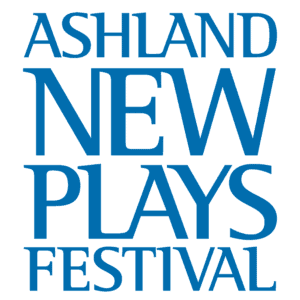Playwright Profile
Currently residing: Minneapolis, Minnesota
Grew up in: Plainfield, New Jersey. My city serves as a backdrop for Certain Aspects of Conflict in the Negro Family, and many other plays I am developing that explore Plainfield’s rich, but unsung, history.
Creative beginnings: My father is the first writer I met. He is a guitarist, singer, and songwriter. He’d pace the floors in our house writing lyrics in journals, and naturally I imitated him and discovered my voice as a poet. Both my parents are musicians who encourage creativity in their children. In my opinion, my playwriting is the natural evolution of my poeticism.
Playwriting empowerment and nurturance: Praxis and collaboration. You could only learn so much sitting around a table talking about craft with other playwrights. There comes a time in a play’s development when it is necessary to invite a director and actors to the process, and share the work with an audience so you, the playwright, could see how a room of strangers respond to the piece.
Also, self-producing is a masterclass in playwriting. I self-produced my first plays in undergraduate school at Delaware State University, and before heading to graduate school at Tisch. It helped me become a more economical playwright.
Writing process: The first draft is written in my head. Followed by a detailed blueprint which includes dialogue and scene descriptions, etc. This is a rigorous step in my process and really is like a second draft.
Finally, I organize my blueprint into a thinly sketched third draft. And this is the draft I will send to my friend, who reads all of my “first drafts” and gives me feedback before I send it out professionally.
Inspiration behind your play: When people talk about the long, hot summer of 1967, they tend to remember those larger cities like Newark, NJ, because those famous cities made the news.
However, the uprisings in Newark galvanized protest in smaller surrounding cities like my hometown, Plainfield, where youths were also experiencing racial disparities.
While the play is not autobiographical, aspects of biography led to the writing of the play, because my maternal grandparents migrated “up north” to Plainfield from Georgia less than two years before the riots broke out. Therefore, I heard about the Plainfield riots all of my life, because of the effect it had on my family.
Favorite moment or line: Peach, the matriarch, was fun to write because she is an amalgam of my grandmothers. I was blessed to grow up with 3 great-grandmothers and 2 grandmothers. All of whom took me seriously as a writer and made an effort to develop a personal relationship with me well into my adulthood.
In this passage, Peach is talking about the aftermath of the looting that left small businesses blighted.
“Ms. Hagans caught the kid who threw the rock. When she asked him why he did it he said he did it for John Smith. And Ms. Hagans said: John Smith ain’t no kin to you! Why did you throw the rock in my window? She said the boy couldn’t do nothing but stand there. Eyes bulging out of his head and ashy.”
- Peach, Certain Aspects of Conflict in the Negro Family
Most looking forward to at ANPF: I am looking forward to getting into the virtual room with familiar and new collaborators, because I believe that my plays are completed in collaboration.
It is also exciting to share the play with ANPF’s audience. Some of whom may not have heard about my work. National visibility is really important to the sustainability of a playwright’s career.
Hope for audience takeaways: Connection. For nearly two years we have been isolated from one another, and I believe fellowship is a primitive human need we are all missing.
So, I hope the audience will experience a sense of connection from the family in the play, and turn and appreciate their loved ones after streaming our work at ANPF this season.


